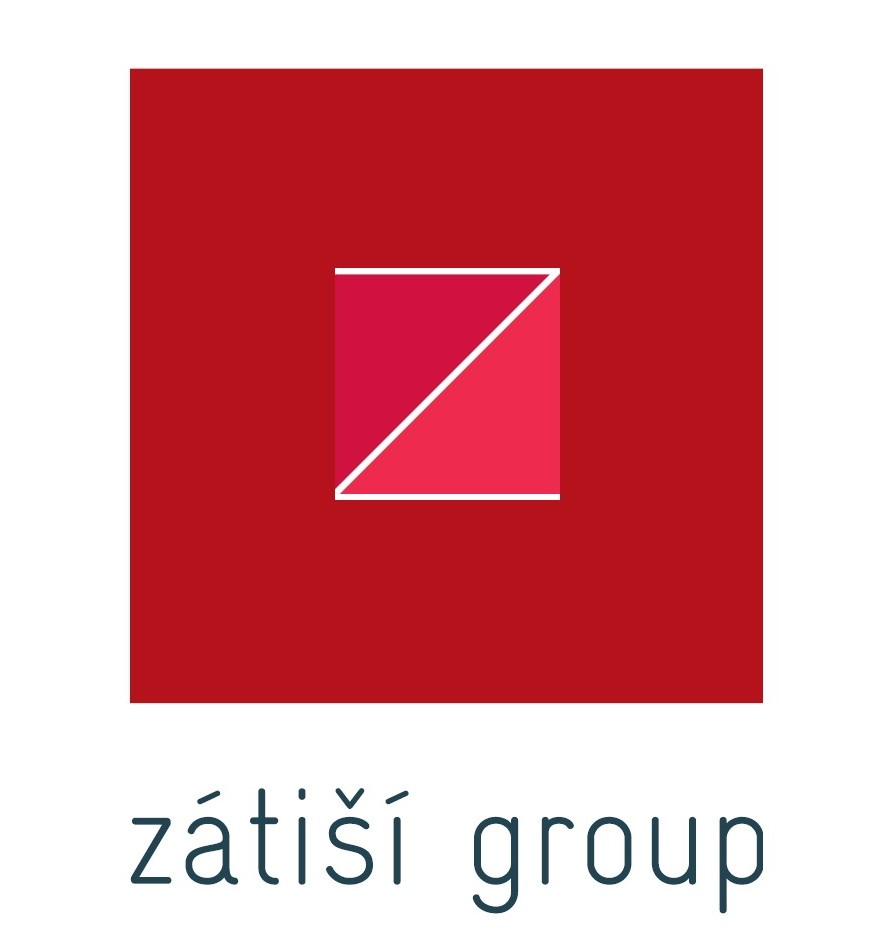Salaries from the Short-Term and Long-Term Perspectives
2.12.2015Company: Deloitte
It took a number of years before the Czech economy tackled the consequences of the financial crisis. It was not until this year that GDP in fixed prices was on track to reach the pre-2008 level. As the economy is experiencing rapid growth (+4.3% year-on-year in Q3), logically, employees are asking to have their say in the matter, or rather, the trade unions that represent them. Next year, the pace of salary growth will probably accelerate significantly. What will the implications for the economy be? How do Czech salaries fare in comparison to other countries? What long-term trends can be traced (and expected)?
The dynamics of salaries is influenced by cyclical (short-term) as well as structural (long-term) factors. In analysing the cyclical development, the rigidity of salaries needs to be taken into account (that is, after all, the key element of the prevailing Neo-Keynesian paradigm). While salaries are relatively rigid and nominal salaries hardly ever fall, corporate profits are substantially more volatile. Due to this fact, the proportion of corporate profits in gross added value shrank during the recession and, contrary to this, the proportion of salaries grew. It is fairly logical that with an improved economic situation the companies, or rather their owners, will be inclined to first ensure that the corporate profits grow and that the relation between salaries and profits returns, or at least draws nearer to the pre-crisis level. However, sooner or later, the requirement on the part of employees, or trade unions, that salaries start growing too will be seen as logical.
In the Czech context, this fact was reflected as follows. In 2007, the proportion of employee compensation (gross salary + social security contributions paid to the employer) in gross added value amounted to 43%. During the two recessions occurring in quick succession salaries did not grow much; profits shrank, however, and the proportion of employee compensation reached 45% of GVA by 2013. This and last year’s improvement in the economic situation helped improve the companies’ business results and the share of employee compensation dropped to the present value of 44%. Given the current salary requirements for next year and the expected growth in the employment rate, next year will probably see a bigger increase in the volume of salaries than of the GDP, or rather the added value of current prices and the proportion of salaries in distributing added value will rise.
Besides the cyclical fluctuations in distributing added value between salaries and corporate profits, it will be interesting to watch how this relation will develop in the long term. So far, we have been able to see an upward trend, which might reflect the growth in the proportion of qualified work, the changes in the structure of the economy (each industry is different in terms of work- or capital-intensity), or the relative rarity of capital and work (the decrease in the structural unemployment rate makes work “rarer” and therefore more expensive). In contrast, capital is currently relatively cheap, companies have a substantial volume of equity and debt capital is, thanks to low interest rates, also cheap).
Salary growth and the increase in the proportion of work upon the distribution of added value need not be a problem if they go hand in hand with an adequate increase in work productivity. Although the proportion of work costs in added value is gradually on the rise, unit labour costs, which are a key parameter of price competitiveness comprising both these aspects – productivity and salaries – remain only marginally changed. In the last 10 years, unit labour costs increased by only 0.6% in the Czech Republic, while in the Eurozone they increased by 1.6 %.
Last but not least, what needs to be taken into account is the economic policy, namely the way the tax system is set. A decrease in the implicit taxation of work would benefit companies as well as employees. It would facilitate the increase in salaries without jeopardising the competitiveness of companies and the economy. In the Czech Republic, the proportion of social security amounts to 24% of the total labour costs. This proportion is higher only in Belgium, Estonia, France and Italy.
David Marek, Chief Economits, Deloitte







